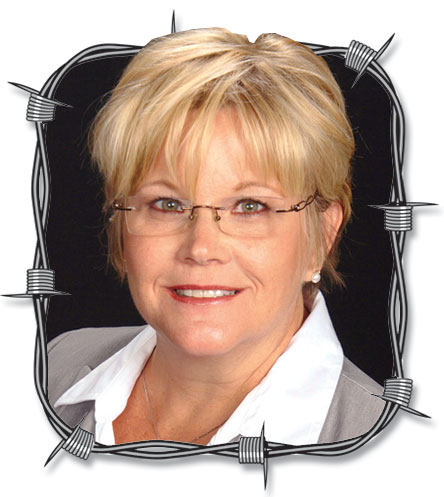Health Savings Accounts (HSAs) are tax advantaged medical savings accounts that offer consumers a different way of paying for health care expenses. HSAs allow you to pay for current health care expenses or save for future health care expenses on a tax-free basis. HSAs are paired with High Deductible Health Plans (HDHPs), which are generally less expensive than traditional health plans. HSAs are especially advantageous to self employed individuals, like small farm operators, who don’t have access to group health plans. Small businesses and farm operations can offer HSAs as an alternative to traditional health plans.
HSAs are completely owned and controlled by the account owner. Decisions on how to spend the funds are made by the account owner, without the need to first show proof and then be reimbursed, as with Flexible Spending Arrangements (cafeteria plans). Also, HSAs aren’t burdened by the “use it or lose it” nature of Flexible Spending Arrangements; all funds deposited remain in the account and continue to grow from year to year. Contributions made by individuals to HSAs are tax deductible, and taxpayers do not need to itemize deductions to take advantage of this tax benefit. As of 2009, HSA owners are eligible to contribute up to $3,000 if they have an individual health plan or $5,950 if they have a family health plan. Those over age 55 can contribute an additional $1,000. As is the case with IRAs, contributions may be made for the previous tax year until the tax filing deadline for that year. Contributions may also be made through payroll deduction on a pre-tax basis, and employers may make contributions to their employees’ HSAs as a benefit. Regardless of who makes the contributions, the owner of the HSA owns and controls all funds in the account.
HSA owners may have a number of options for investing their HSA funds, including CDs, money market accounts, or securities, depending on the financial institution. Often, the same options that are available to IRA owners are also available to HSA owners. Earnings grow tax-deferred, and withdrawals from the account are tax-free for qualified medical expenses. Funds from the HSA may be used to pay for medical expenses for the account holder, as well as their spouse and dependent children, whether or not they are covered under the HSA owner’s health plan. Even if the HSA owner discontinues coverage under their HDHP and is no longer eligible to contribute to the HSA, the funds can still be used for qualifying medical expenses tax-free.
Depending on the financial institution, using your HSA can be as easy as using a regular checking account. Many institutions offer debit cards which allow convenient and easy access to your HSA, or you may have the option of writing a check. Making a contribution is often as easy as making a deposit to a checking account. Many institutions charge monthly or annual fees or restrict the number of withdrawals that may be made each month, so consumers should shop around for the best deal.
However, HSAs are not for everyone. They must be paired with a HDHP, the account owner cannot be enrolled in Medicare, cannot be covered by another non-HDHP, and cannot be eligible to be claimed as a dependent on a federal income tax return. For more information, contact your financial institution or insurance agent.
Kevin Laws is the HSA Coordinator for Empire Bank in Springfield, Mo.





